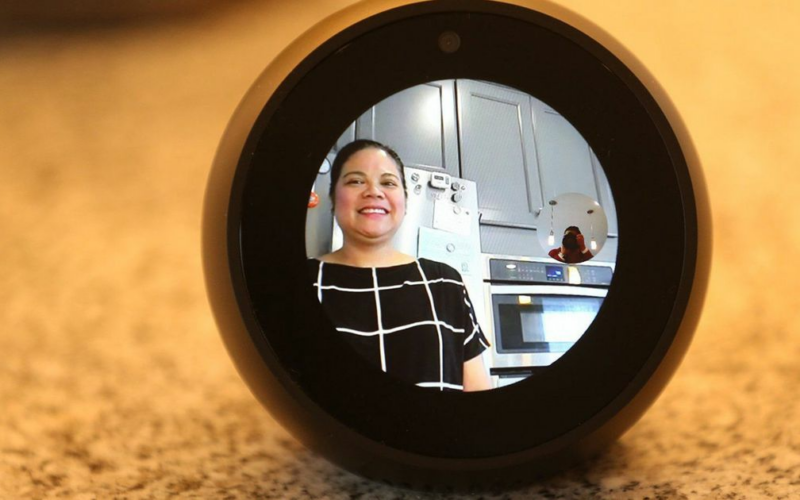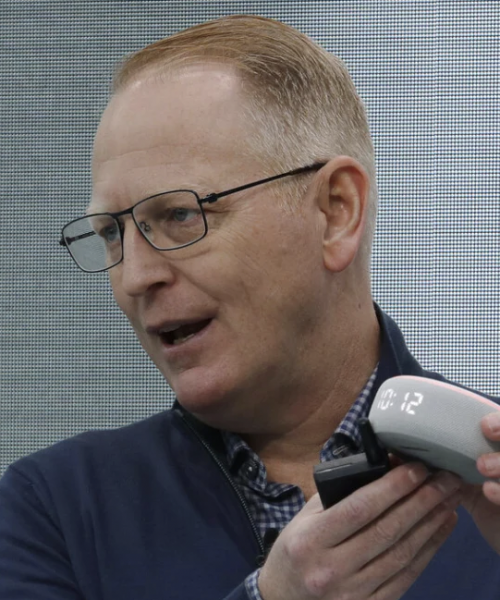By Nancy Clanton, The Atlanta Journal-Constitution
Troy Warren for CNT #Health
Smart device already being used to improve patient care in some health care facilities
“Alexa, call the nurse.”
This interaction could be coming to your hospital soon. According to Nurse.org, a form of Alexa that is already being used in hotels and apartments is being installed in hospitals as part of integrative health care technology.
The technology is meant to improve a patient’s quality of life, controlling everything from asking a nurse for another pillow to lowering the room’s lights or turning on the television.
Its use could be especially beneficial to those with mobility limitations or who have no family with them in their room.
“We believe that ambient computing can dramatically change and improve the way our customers use and interact with technology,” Liron Torres, global leader of Alexa Smart Properties, told Fierce Healthcare, noting that voice technology is “natural, intuitive and accessible.”
“The magic of ambient computing is that it just works. You don’t have to learn new technology or new devices,” she said.
The technology is aleady being used at Cedars-Sinai, where Amazon Echoes have been installed in 100 patient rooms, and in two Florida hospitals. BayCare Health Systems in the Sunshine State has plans to install devices in 2,500 more patient rooms in 14 other hospitals.
“Voice is intuitive for patients, regardless of age or tech-savviness,” Peachy Hain, executive director of medical and surgical services at Cedars-Sinai, said in a statement. “Since it’s so easy to operate, patients can use Alexa to connect with their care team and stay entertained as soon as they settle in, while care providers can streamline tasks to make more time to care for those patients. It’s a total game changer for enhancing our hospital experience.”
Currently the Echo devices interpret patient requests and route them to the appropriate team member. For example, medication requests go to nurses, while a request for water goes to a CNA.
“In the upcoming rollouts, the Alexa technology will work much like a smart hub in a home does: the entire room will be a “smart room” and the patient can use voice controls to do things like send a message to the healthcare team, order meals, and adjust the TV or lights. They can even use it as a communication portal to talk to their loved ones directly from their room,” Nurse.org wrote.
Like any change, there are pros and cons.
The pros include fewer surfaces to disinfect and more patient control. Cons include the cost of installing the system and the burden learning it will put on the staff.




































